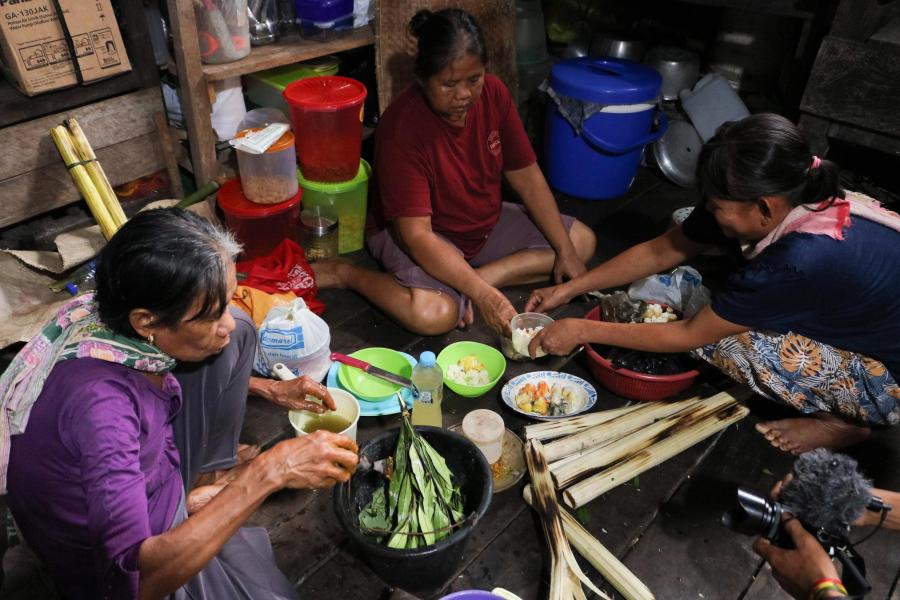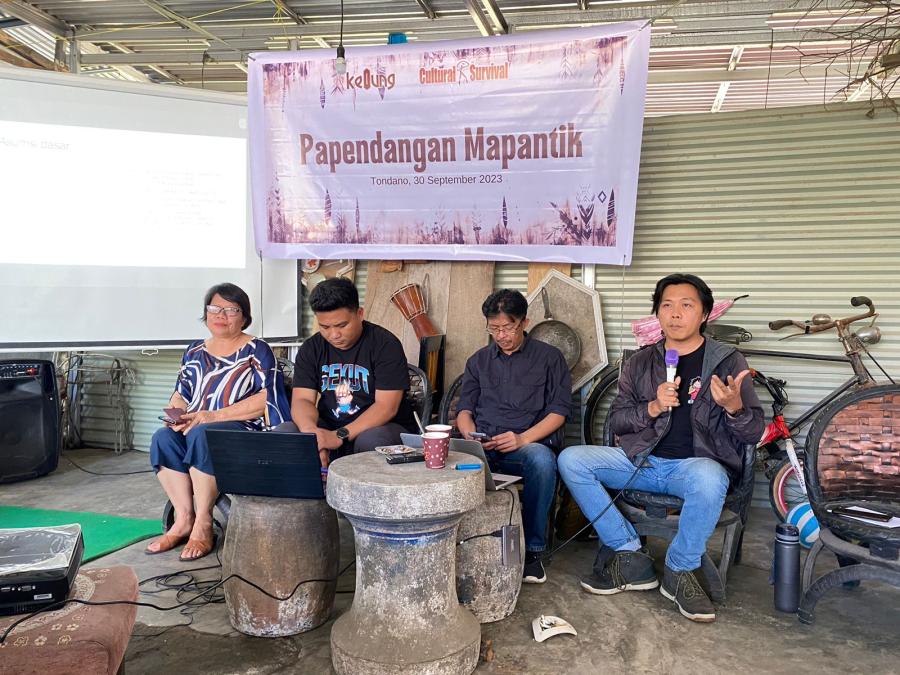By Dan La Botz
South End Press, 2001 (Paperback)
ISBN: 0-89408-642-9
Since 1974 Indonesia has surfaced on the international news front as a place of turmoil. In 1998, for example, broadcast and print media briefly covered the people's uprising to overthrow the dictatorship of President Suharto with images of student protests and street riots and with descriptions of the atrocities attributed to Suharto's regime. Made in Indonesia fills in the gaps in media coverage, providing a historical review of the country's record of trade and foreign relations and of the people's movement.
This book begins by reminding us that Indonesia has been involved in trade with India, China, Southeast Asia, and the Arab world for thousands of years. It briefly reviews the history of trade and colonization until the time of the country's independence in 1949, when the door opened to democracy and a free market. It provides an account of Suharto's mission to promote Indonesia's cheap labor force and put the country on the map as a center for industrialization.
Author Dan La Botz considers the role of the United States in Indonesia's time of transition. The role of international monitoring agencies such as the Global Alliance, the International Labor Organization (ILO), and the American Center for International Labor Solidarity (ACILS) in aiding Indonesia is likewise examined.
The book's greatest strength is its ability to provide the reader with an in-depth look at conditions in Indonesia from the perspective of the people. Suharto outlawed attempts to organize laborers and put some workers in situations where 120-hour work weeks were the norm. Made in Indonesia profiles activists working to correct such injustices. One-time lawyer Muchtar Pakpahan helped build the Indonesian Prosperity Labor Union, the most important independent labor union in the country. A founding member of the People's Democratic Party, Dita Sari shed a life of middle-class comfort and lived with the workers in their communities to better understand their needs. This book provides a harsh but deserved condemnation of the conditions in Indonesian factories and sheds light on the beneficiaries of an abusive system.
Article copyright Cultural Survival, Inc.



